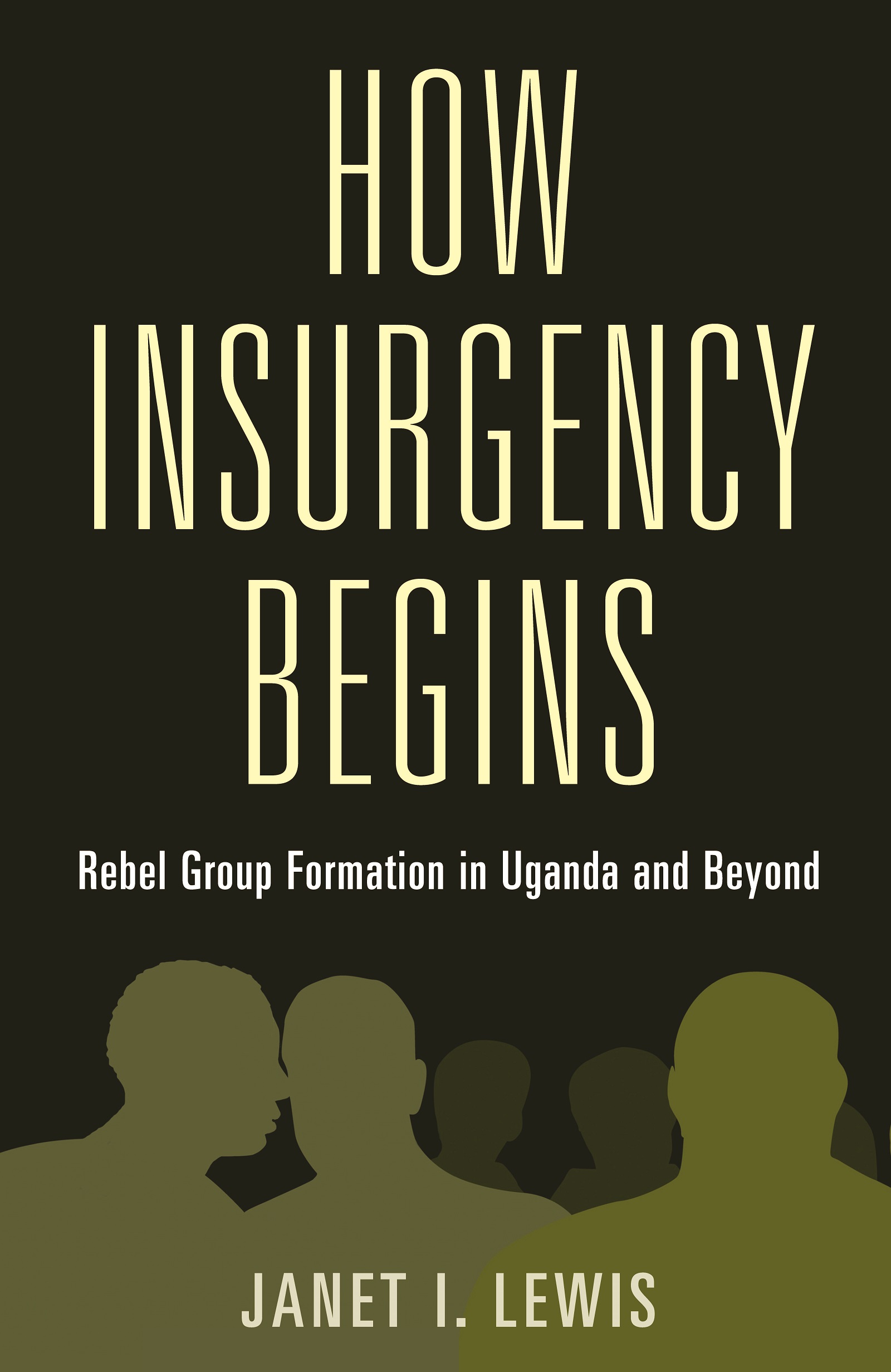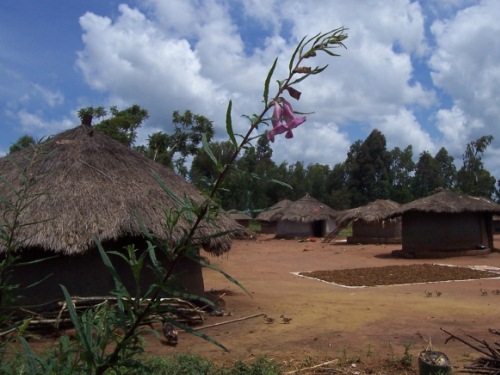
How Insurgency Begins
How and why do rebel groups initially form? Prevailing scholarship has attributed the emergence of armed rebellion to the explosion of pre-mobilized political or ethnic hostilities. However, this book finds both uncertainty and secrecy shrouding the start of insurgency in weak states. Examining why only some incipient armed rebellions succeed in becoming viable challengers to governments, How Insurgency Begins shows that rumors circulating in places where rebel groups form can influence civilians' perceptions of both rebels and the state. By revealing the connections between villagers' trusted network structures and local ethnic demography, Janet I. Lewis shows how ethnic networks facilitate the spread of pro-rebel rumors. This in-depth analysis of conflicts in Uganda and neighbouring states speaks to scholars and policymakers seeking to understand the motives and actions of those initiating armed rebellion, those witnessing the process in their community, and those trying to stop it.
Available at Cambridge University Press, Series on Comparative Politics or at Northshire Books.
Recognition
- Winner, Conflict Research Society Book of the Year Prize
- Winner, APSA African Politics Conference Group Book of the Year Award
- Co-Winner, International Studies Association (ISA) Book of the Year Award
- Honorable Mention, Giovanni Sartori Award for best 2020 book developing or applying qualitative methods, Qualitative and Multi-Method Research section of APSA
- Recommended as a top read of 2020 at Political Violence @ a Glance
Endorsements
'Not since Ted Gurr’s Why Men Rebel has a book so powerfully grappled with the origins of insurgent violence. Lewis’s brilliant examination of the role of secrecy and rumors in rebel group formation will have a lasting effect on how we think about civil conflict.'
Fotini Christia - Massachusetts Institute of Technology
'Janet Lewis demonstrates how the study of the quasi-invisible politics of early rebel group formation and activity challenges existing theoretical understandings of conflict onset and dynamics and opens new research avenues. Wonderfully executed, this is an important contribution to the study of armed conflict.'
Stathis Kalyvas - University of Oxford
'This is a fantastic book. Janet Lewis dials back the clock on insurgency, focusing on how rebel organizations get started and then succeed or fail. The result is a theoretically rich story about secrecy, intelligence, and the state. Her empirical work on Uganda is careful and unique. This well-written book is a must for scholars of political violence and a crucial contribution for scholars of networks, ethnicity, and the state.'
Scott Straus - University of Wisconsin-Madison
'This is the book we have all been waiting for! Lewis’s extraordinary research reveals the origins of rebel groups long before they emerge as viable, visible forces. Using micro-level data from Uganda, Lewis carefully analyzes where and when even the smallest groups form, why only a few of them survive, and how local intelligence determines whether they grow or perish. Nascent rebel groups all have the motive to rebel. But it's only the ones that control local information networks (and these are almost always concentrated ethnic groups) that endure.'
Barbara F. Walter - University of California, San Diego




